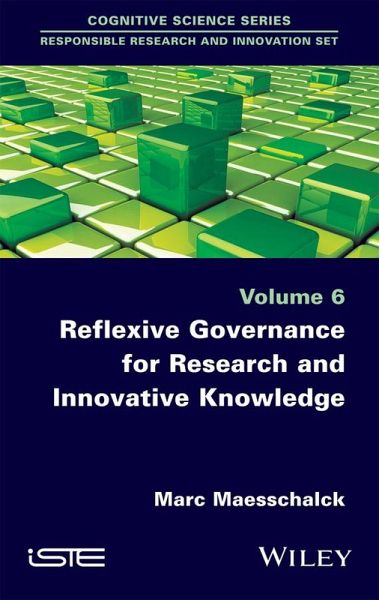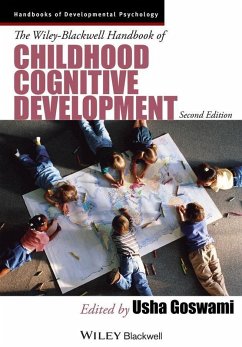
Reflexive Governance for Research and Innovative Knowledge (eBook, ePUB)
Versandkostenfrei!
Sofort per Download lieferbar
139,99 €
inkl. MwSt.
Weitere Ausgaben:

PAYBACK Punkte
0 °P sammeln!
The governance theories that have developed over the past twenty years offer a new framework to consider and examine the collective conditions of a "e;Responsible Research and Innovation RRI"e; linked up with the policy challenges of a society in transition in all its modes of regulation. This book will recall the genesis of the reflexive point of view in the context of the development of the theory of governance. It will then develop the strengths of the model and finally, will show the fruitfulness of its application to the field of the RRI.
Dieser Download kann aus rechtlichen Gründen nur mit Rechnungsadresse in D ausgeliefert werden.













